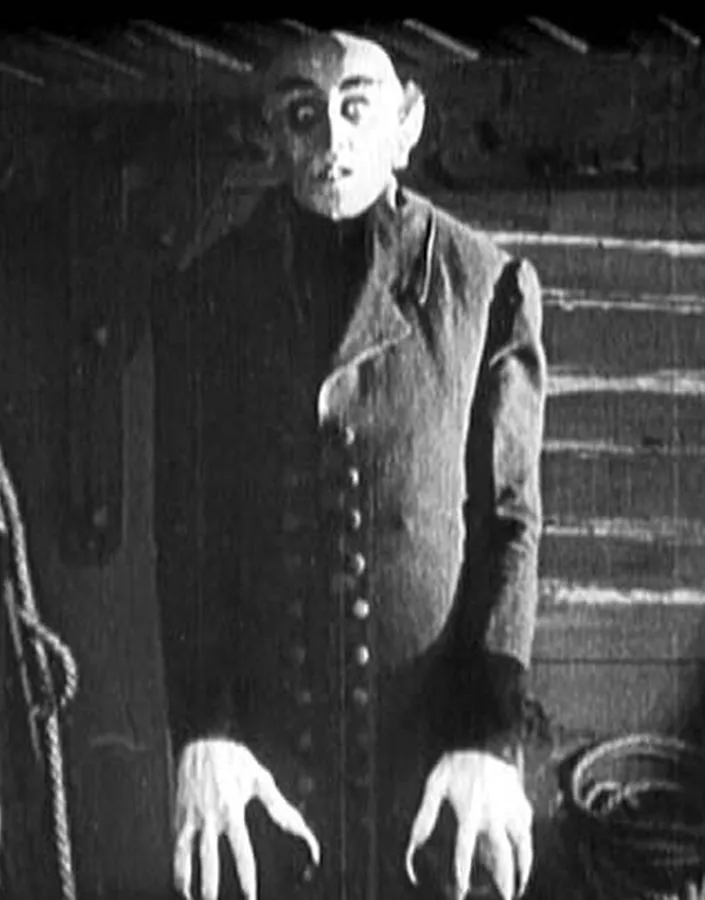One should never watch anything that wounds one’s conscience; Romans 14:23 tells us there are terrible consequences of acting against our conscience.
I don’t often, therefore, speak about my fascination with the horror genre in cinema. And yet, the popularity of horror films is worth pondering. Rather than engage at any length with the film which prompted these reflections — Robert Eggers’s 2024 remake, Nosferatu — what might its success teach us?
We need ways to describe the darkness
First, the persistent appeal of horror shows we need ways to describe the darkness. Different historical periods — with their wider anxieties, worries and fears — have brought forth different sub-genres within horror, and different antagonists. As much as these stories are the fruit of real creativity, they are also often responsive to very real threats.










'Stranger Things' and endings
Over the Christmas holidays, Netflix released the final series of Stranger Things.Since the first series in 2016, we’ve …